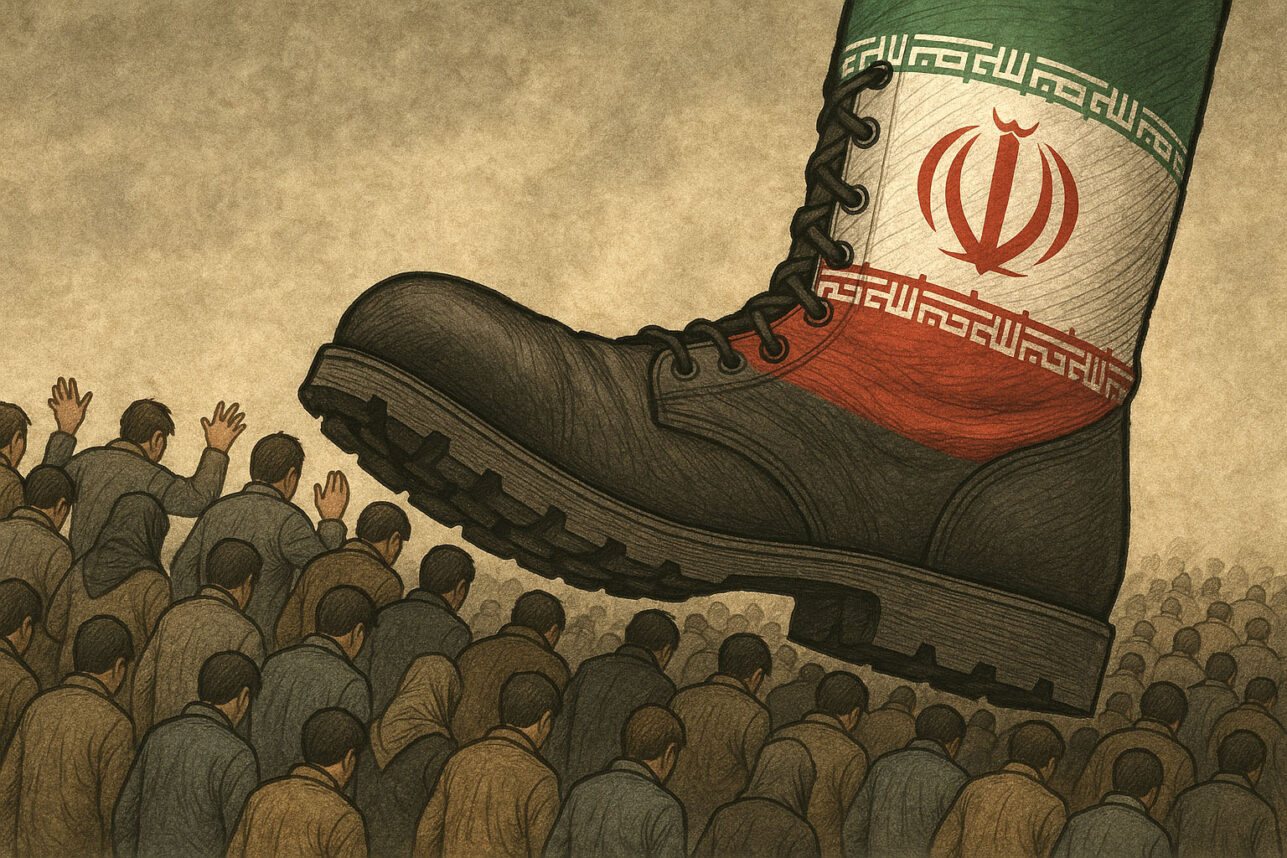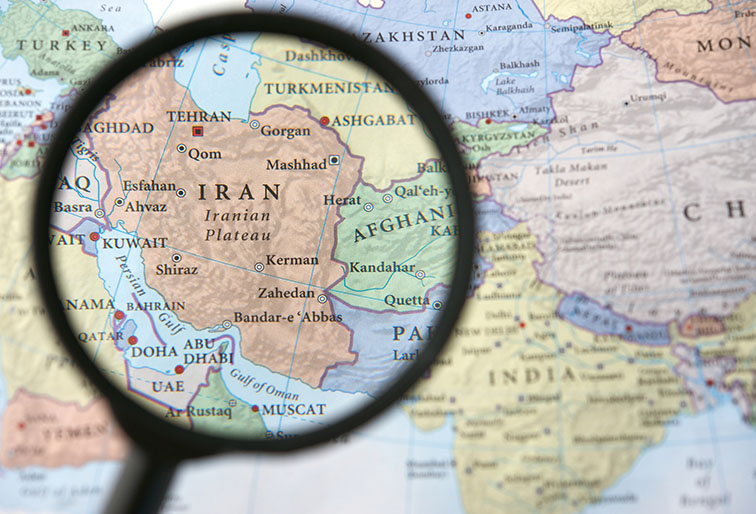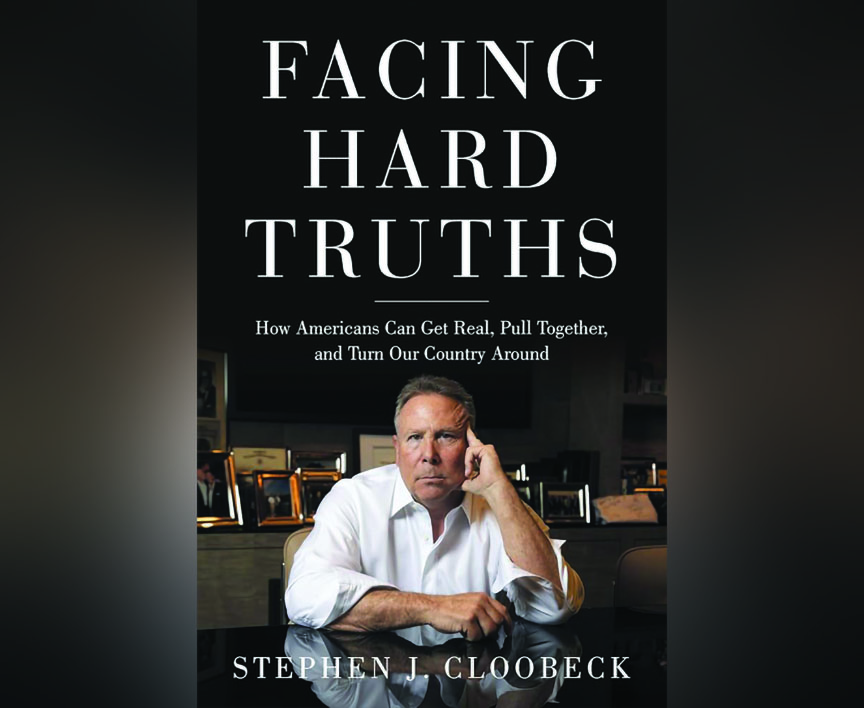
The stage was set. The musicians played. The featured performer read Yiddish poems accompanied by klezmer music. The crowd was excited. I was, too. The whole experience gave off the vibe of being in a club.
Except we weren’t. We were in the multipurpose room at Temple Mishkon Tephilo in Venice for an afternoon event titled “Yiddish Poetry Beat to Live Music.” The poet was Miri Koral, CEO and founding director of the California Institute for Yiddish Culture and Language (CIYCL). The musicians: Klezmer Juice, featuring Gustavo Bulgach on clarinet.
Founded in 1999, CIYCL’s motto is “preservation through innovation.” The event I attended is one of many the organization puts on throughout the year to keep the Yiddish language alive.
I’d always wanted to learn Yiddish, but knowing I wasn’t going to be able to do so in one afternoon, I went with the next best thing: a Yiddish cultural experience as my springboard into Yiddish education.
The poems at the event, read both in Yiddish and English, were all on the theme of love. Love lost and found, passionate encounters and missed opportunities. The poems were chosen, Koral said, to show the complexity and breadth of Yiddish language and literature.
“Poetry is part of Jewish tradition that goes back to the Bible,” she said. “It’s a wonderful, expressive aspect of Yiddish, because there is something beautiful about Yiddish that lends itself easily to rhyme and rhythm. It’s the nature of the language, the nature of the endings of words.”
“There is something beautiful about Yiddish that lends itself easily to rhyme and rhythm. It’s the nature of the language, the nature of the endings of words.” — Miri Koral
Koral also spoke about how Yiddish has a long and rich legacy. “This is one way in which we can bring forth this legacy in a way that appeals to a wider audience,” she said.
During the readings, I only recognized some of the Yiddish words. However, Koral’s dynamic reading of historic and contemporary Yiddish poems allowed me to tap into the emotion behind the words.
Growing up hearing a variety of Yiddish words around the house, I didn’t realize how they have so readily been integrated into mainstream English. Words like shlep, kibitz, mensch and meshugge. But as Koral noted, “One of the things that we try to combat is this notion that Yiddish is just a series of funny-sounding words, like shmatte, shlemiel and shmooze.” It’s all of those words and then about 150,000 more, because it’s an incredibly rich language.”
This event gave me a taste of how much I was missing by knowing only Yiddish basics. As did Koral telling me, “There’s a lack of awareness of the extraordinary output of literature, of wisdom and humor. All of that is there in Yiddish and it belongs to us. Not just to Jews, but to the world.”
I also realized that if I really want to learn Yiddish, this is just the tip of the iceberg. Whereas Koral teaches Yiddish in Los Angeles and summer intensive Yiddish programs take place around the world, there are also online options. The Workmen’s Circle here has a full curriculum of beginner, intermediate and advanced online courses.
“I do teach a couple of those courses and I have students from around the world,” Koral said. “We are all connected learning Yiddish, and it’s the most extraordinary thing.”
It looks like the next step in my Yiddish education will be online, and literally at my fingertips.
I’m still seeking items for my 2019 Jewish bucket list. Please send your ideas to deckerling@gmail.com.
Debra Eckerling is a Journal contributing writer.


































 More news and opinions than at a Shabbat dinner, right in your inbox.
More news and opinions than at a Shabbat dinner, right in your inbox.